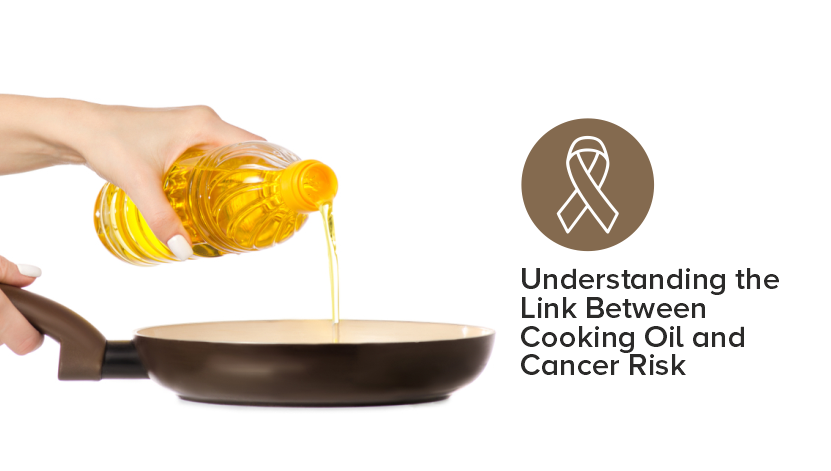The age-old adage "you are what you eat" has taken on new significance in light of ongoing research into the link between dietary habits and health outcomes. Among the numerous components that compose our daily diets, cooking oils play a significant role, both in terms of flavor enhancement and as a source of concern when it comes to long-term health impacts, particularly cancer risk.
With a plethora of oils to choose from and a flood of conflicting information, consumers face a veritable crossroads when selecting the right oil for their cooking.
